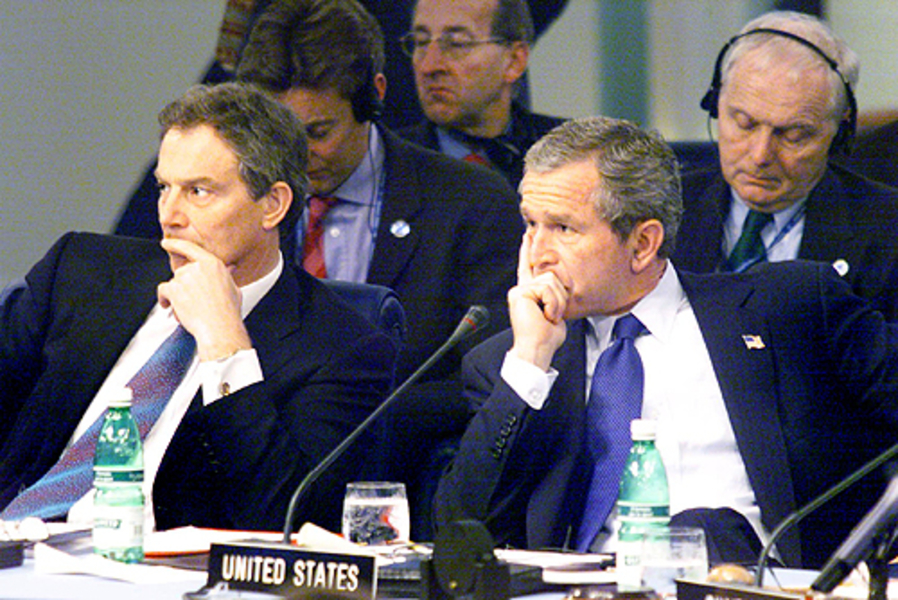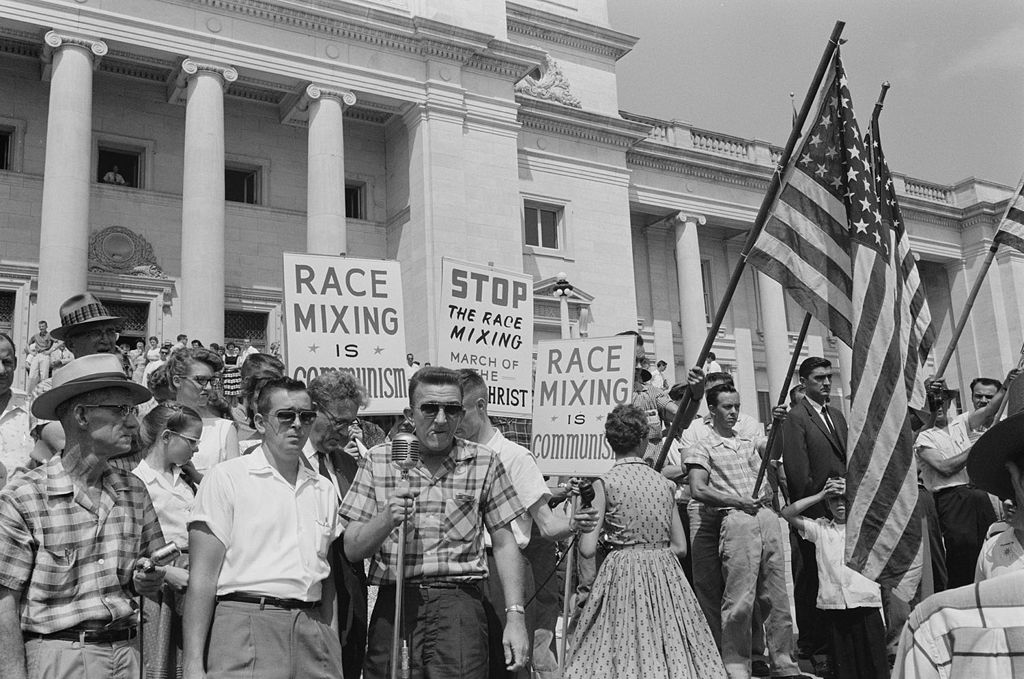The North Atlantic Treaty Organization (NATO) is dependent on the domestic politics of many of its members, especially the United States. The victory of Donald Trump on November 8, 2016, could lead to some major changes for the Alliance. In an interview with Charlie Sykes, Trump said, “We are getting ripped off by every country in NATO, where they pay virtually nothing, most of them.” However, instead of speculating about what the new President-elect may do or not do it is more important to highlight and understand the political wave that led to his not so unique victory. Donald Trump’s victory is not a special occurrence in the Western world. It is only the latest version of a political phenomenon that began in 2008.
The election of President Barack Obama in 2008 was the spark to something observers still do not fully understand. President Obama created a movement—an “army for change”, and mobilized people behind that movement. Many do not remember, but the Democratic nomination race in 2008 was not about issues, but about political style and governing philosophy. In 2016, the Democratic nominee, former Secretary of State Hilary Clinton, ran on her experience. Meanwhile Donald Trump, the Republican nominee, ran on changing the political establishment in Washington D.C., and “Making America Great Again.” Trump ranted almost solely on political style, even if the style was very different from Obama’s.
In May 2011 the Canadian electorate witnessed the astronomical rise of the New Democratic Party (NDP) under the leadership of Jack Layton. The NDP became the official opposition with 102 seats in the House of Commons. In his book, Quiet No More, Joel D. Harden discusses how Layton was able to mobilize people and translate this into political power. Harden says that “Layton’s success came from his affinity with activist movements and his ability to listen, to learn from, and broadcast their stories using the platform of electoral politics.” Not all successful politicians have a background in social activism, but it is the ability to broadcast the electorates’ stories which is vital.
Harden asserts that “the most successful political parties in recent years have acted as mirrors of social movements and reflected the images of social movements.” It is difficult to define exactly what composes a social movement, but it is relatively easy to observe them in society. Occupy Wall Street, the Tea Party and the Leave Campaign in the United Kingdom are all examples of recent social movements.
Successful politicians have been able to recognize these trends and ride these waves to political power. Both President Obama and Jack Layton were feelers, not thinkers. Feelers are the politicians of today. This is no more apparent than in the person of Canada’s current Prime Minister Justin Trudeau.
During the 2015 election campaign, Prime Minister Trudeau was attacked by the Conservatives for saying his party would grow the economy from the “heart outwards.” It is impossible to quantify this policy objective. However, the victory of the Liberal Party over the Conservatives is another example of the feeler triumphing over the thinker.
In his election night victory address Prime Minister Trudeau referenced a saying of Wilfred Laurier. On October 19, 2015 the newly elected Trudeau said “sunny ways, my friends, sunny ways. This is what positive politics can do.” He was referencing a moment in 1896-97 when Wilfred Laurier campaigned and won on a platform of a new positive direction. Justin Trudeau may have been trying to draw a comparison between himself and Sir Wilfred Laurier, but he was highlighting a more modern occurrence.
The victory of the Liberals over the Conservatives in the fall of 2015 was viewed as a victory of hope over fear. In his address to the crowd in Montreal on October 19, 2015 the Prime Minister even stressed that “we beat fear with hope…we beat cynicism with hard work.” The analogy to Obama’s campaign slogan of “hope” is apparent. Prime Minister Trudeau ran on a platform of change and was able to capitalize on the phenomenon that started with Obama in 2008.
The next phase of this political wave of change occurred across the Atlantic Ocean in the birthplace of Westminster democracy. On June 23, 2016, the United Kingdom (UK) voted to leave the European Union with 52 percent voting to leave and 48 percent voting to remain. The results on June 23rd marked a shift in the political landscape. The right side of the political spectrum had finally been able to co-opt a tactic left wing political parties had been using since 2008.
Hope and change were key messages of Obama, Layton and Trudeau’s campaigns. Change was also a major objective for the leave supporters during the UK referendum. A vote to leave was viewed as a protest by those who were inherently uncomfortable with the social changes in Britain in recent decades, particularly with immigration. The 17.4 million Britons who voted to leave the European Union believed they were casting a giant protest vote against the political class. These voters felt that they had been economically left behind in the modern UK, and their vote would change this.
It is difficult to draw a direct comparison between the UK referendum and the recent victory of Donald Trump. Many scholars argued that Brexit would have no impact on the US election. However, the similarities between the two political earthquakes cannot be ignored.
Many within the political establishment in the US may not have seen the connection between the victory of the leave campaign and the presidential election, but Donald Trump’s campaign team was able to. President-elect Trump and his entire team knew they could capitalize on the feeling of 79 percent of Americans who believed the country was heading in the wrong direction. Donald Trump’s campaign was able to benefit from this dissatisfaction with the status quo, just as the Leave campaign was able to do in Britain five months earlier.
Just as Obama was able to tap into the current of change running through the American electorate in 2008, Donald Trump recognized a similar movement in 2016. Many Trump supporters felt they were always getting the short end of the stick and derided the polished economic class, especially the career politician Hillary Clinton.
One American voter observed that “Trump tapped into something, whether that’s his skill as a person that can talk to the people or a person who knows how to stir the pot the right way we may never know.” The President-elect was able to take advantage of the same social movements that had propelled Obama and Trudeau to higher office-an overwhelming desire for change within the political establishment.
Many commentators have argued that Donald Trump won the White House, because his supporters are predominantly white and racist. Paul Mason, writing for the Guardian, argued that “millions of middle-class and educated US citizens reached into their soul and found there…a grinning white supremacist.” This would be an over-simplification, due to the fact many immigrants did vote for Donald Trump.
For example, Asra Q. Nomani, an immigrant, woman, and a Muslim, was most concerned about the influence of theocratic Muslim dictatorships, such as Qatar and Saudi Arabia, would have in a Clinton administration. Ms. Nomani did not agree with Trump on many policy issues, but the alternative was less appealing. The genius of Trump’s victory was his ability to represent himself as different things to different people.
The direct and immediate impact of Trump Presidency is unknown. However, NATO needs to be aware of the resurgence of these populist movements, which began in some part with the election of President Barack Obama in 2008. There is a mob quality to the movement now, but the sentiments rest on real complaints. NATO countries must work to address these complaints and concerns immediately, or risk a weakening of the Alliance due to domestic unrest.
Photo: Donald Trump speaks at a campaign rally in Atlanta , by Gage Skidmore via Flickr. Licensed by CC 2.0
Disclaimer: Any views or opinions expressed in articles are solely those of the authors and do not necessarily represent the views of the NATO Association of Canada.




